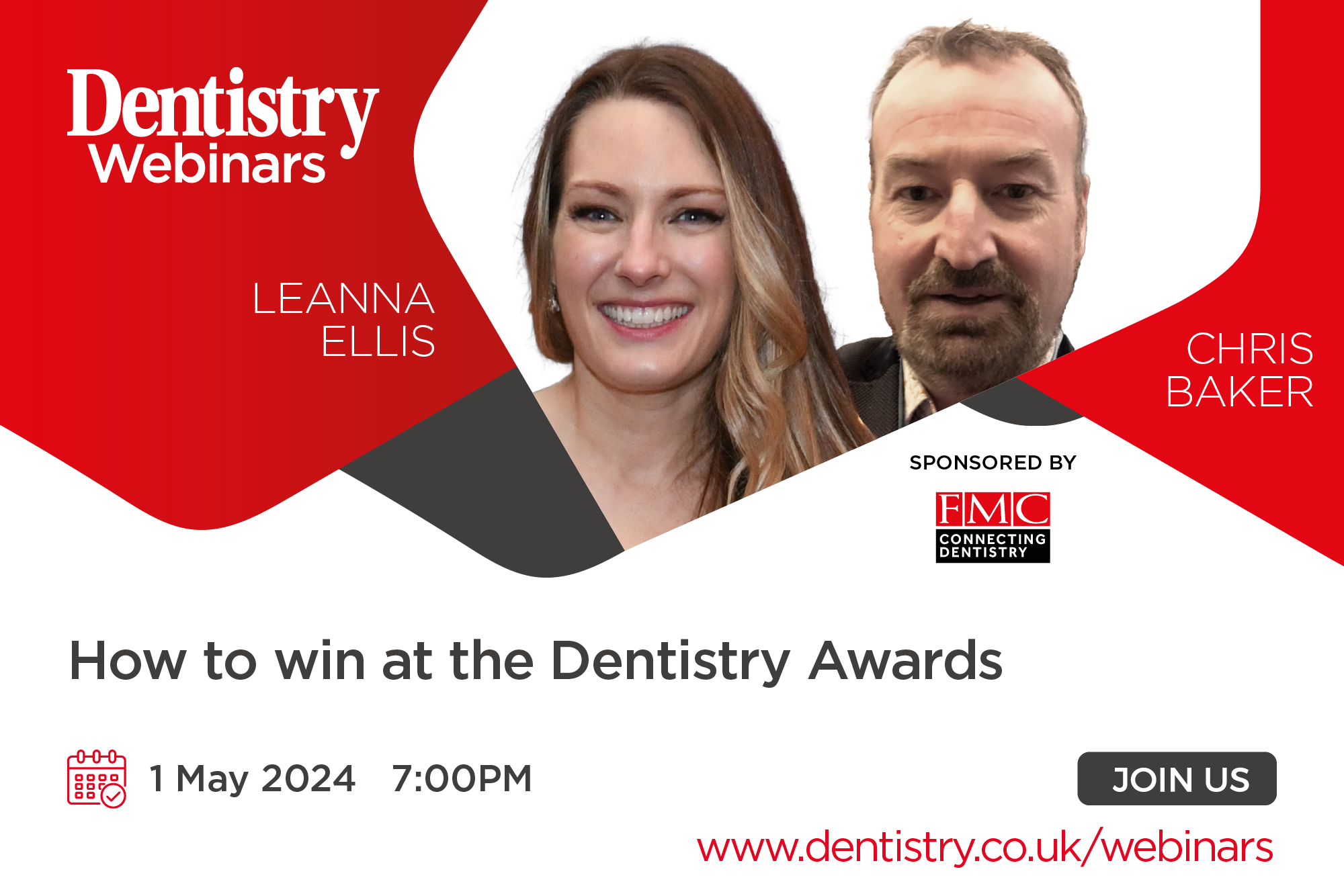
Scientists have identified a link between high white blood cells in the saliva of healthy young adults and an early cardiovascular disease warning sign.
Published in Frontiers in Oral Health, the research team recruited 28 non-smokers between 18 and 30. They had no medications that could impact cardiovascular risk and no reported history of periodontal disease.
They were asked to fast for six hours, except for drinking water.
At the lab, participants rinsed their mouths with water before rinsing their mouths with saline which was collected for analysis. Participants then laid down for 10 minutes for an electrocardiogram.
They stayed lying down for another 10 minutes so that the scientists could take their blood pressure, flow-mediated dilation and pulse-wave velocity.
The scientists found that high white blood cells in saliva had a significant link to poor flow-mediated dilation. This suggests these people may be at elevated risk of cardiovascular disease.
However, there was no relationship between white blood cells and pulse wave velocity, so longer-term impacts on the health of the arteries had not yet taken place.
Dentistry’s top stories
Holistic approach
‘We are starting to see more relationships between oral health and risk of cardiovascular disease,’ said Ker-Yung Hong, the first author of the study, now studying dentistry at the University of Western Ontario.
‘If we are seeing that oral health may have an impact on the risk of developing cardiovascular disease even in young healthy individuals, this holistic approach can be implemented earlier on.’
Dr Trevor King of Mount Royal University is the corresponding author of the study. He added: ‘Optimal oral hygiene is always recommended in addition to regular visits to the dentist, especially in light of this evidence.
‘But this study was a pilot study. We are hoping to increase the study population and explore those results. We are also hoping to include more individuals with gingivitis and more advanced periodontitis to more deeply understand the impact of different levels of gingival inflammation on cardiovascular measures.’
Follow Dentistry.co.uk on Instagram to keep up with all the latest dental news and trends.



